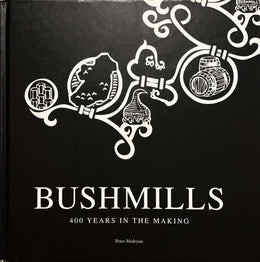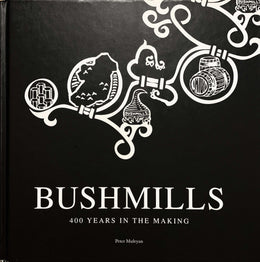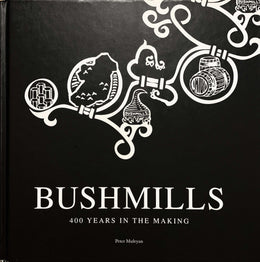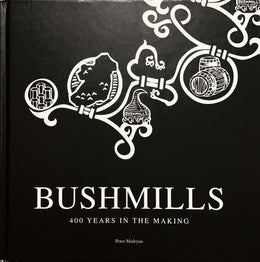
King Henry II of England
In 1155 the Norman King Henry II of England first claimed lordship over Ireland. His claim was based on a Papal Bull issued by Pope Adrian IV. It is often noted by the cynical Irish that Adrian was the only Englishman ever to become Pope.
Henry II needed Papal backing so he could legitimately invade Ireland in order, he claimed, to reform the Church in Ireland. The title of the Papal Bull, or order Laudabiliter, means literally 'it is praiseworthy'. The document refers to Henry's intention "to extend the borders of the Church, to teach the truths of the Christian faith to a rude and unlettered people, and to root out the weeds of vice from the field of the Lord..."
The Savages of the Ards is a book about a family called Savage, rather than a book on the wild folk of the area. Published in 1888, it outlines how the Bushmills area fits into the Norman invasion of Ireland.
“With twenty-two Anglo Norman knights and three hundred soldiers De Courcy, encouraged by Henry II, started from Dublin on the venterous invasion in the month ofJanuary AD 1177...They pushed their conquest northward 'till they brought, nominally at least, under Anglo-Norman domination a tract of country corresponding roughly to the present counties of Louth, Down, Antrim and half of Londonderry."

The historic land in and around Bushmills lay at the centre of an area controlled by the most powerful of the Norman-Ulster Barons, Sir William Le Savage. His eldest son Robert crops up in relation to aqua vitae, in a booklet published by Old Bushmills in 1938: "Away back in 1276 a delightful story is told about Sir Robert Savage, ground landlord of Bushmills and a rare old swashbuckler." It then quotes from the Annals of the Savages (sic):
"Sir Robert Savage having prepared an army against the Irish, allowed to every soldier, before he buckled with the enemy, a mighty draft of aqua vitae..."
Were it true it would be a great story, but alas it is not. Sir Robert was in all probability dead by 1276 (that or he was a very fit ninety-four-year-old). The story however may relate to his son Henry, who died the following year 1277, but probably it is nothing more than historical Chinese whispers. The tale was in fact lifted and misquoted from a book published in 1812; it should read that every soldier was given "a good dose of good wine or ale".
Let us get the story straight. There is no way of knowing if there was distilling in Ireland prior to the 14th century. It is only then that aqua vitae crops up in the medieval Celtic manuscript, Red Book of Ossory. This is a work by a Franciscan bishop appointed in 1316, and it contains a recipe for making "aqua vitae" from wine. It is clear then that distilling was not widespread, and was quite probably confined to monasteries. Furthermore when aqua vitae is first recorded it does not refer to a spirit made, like modern whiskey from grain, but rather distilled wine. A sort of raw Irish brandy if you like.
If distilling was the preserve of the religious, this might give us an idea as to when it arrived and how it spread across the island. When aqua vitae finally arrived, it is more than likely that it left death in its wake.
Written by Peter Mulryan
The text is an excerpt from "Bushmills: 400 Years in the Making" (pp. 14 - 16), written by Peter Mulryan, published 2008 by Appletree Press Ltd.







